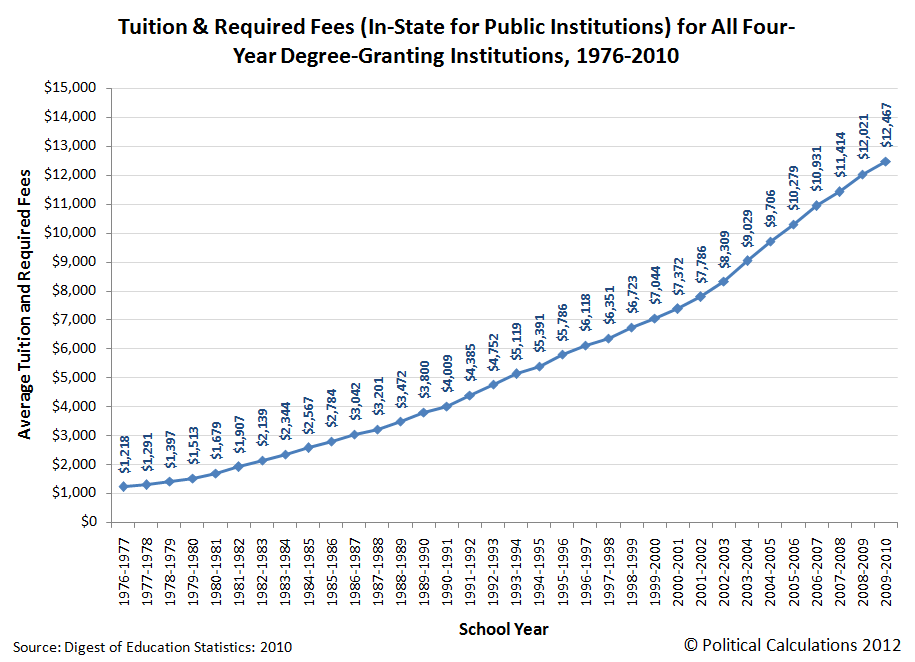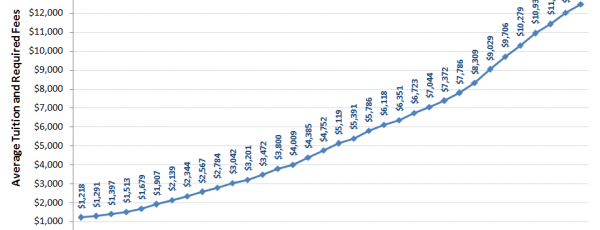When I recently read the August 26, 2013 edition of The New Yorker, I was enthralled with James Surowiechi’s article titled “Clawback” in which he describes the current contention over lobster prices and the impact the price has on the consumer, restaurants and lobstermen. I use the word enthralled because as I was reading, the connections between the price of lobster and innovating education became so evident to me. Here’s how:

Glut of Lobsters Bring Prices Down (Robert F. Bukaty/AP)
Although several factors influence the wholesale price, in 2005, the price for lobsters off the boat was over $6 per pound. In 2009, however, it was less than half of that and this month lobsters were selling for as low as $2.20 per pound. As I am not a lobster fan, I have not been following lobster prices, but notice that the price of lobster on restaurant menus remains outrageously high, in spite of the low wholesale prices. Why? Pricing psychology. Lobster is perceived and priced as a luxury item and lowering its cost could diminish its status as the reining king of elegant entrees.
There are a multitude of new initiatives aimed at making college more affordable, yet tuition continues to rise. Although most institutions spend a large portion of their budget and their administrator’s time strategizing about ways to increase efficiencies and reduce costs, and some have been successful by replacing full-time faculty with adjuncts and implementing online programs, they continue to charge exorbitant prices to the students.
Maybe higher education is like the lobster industry: if we make it affordable, people will not see perceive it as quality. So our students, like the customers in a restaurant, will continue to over-pay for perceived quality, and the institutions, like restaurant owners, are banking on it.

Rising Cost of Tuition
Given the inability of higher education to change in general, if we want to make education more affordable, then we need to stop buying overpriced lobster and let the market drive the prices down.
There are alternatives emerging that challenge the very core of higher education; MOOCs, mandated transferability of courses and the emergence of para-educators, to just name a few. I think it is time for us to rethink the value of choosing the lobster and consider ordering the tilapia, coconut-encrusted, of course.
Tell me what you think about the rising cost of tuition and what you think could be done?

